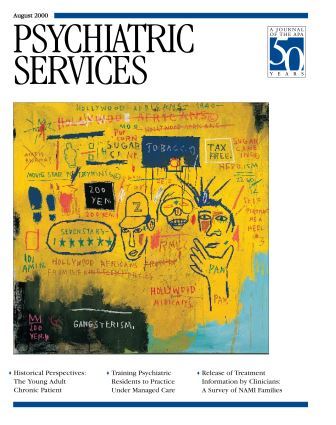What do the migratory flight patterns of arctic snow geese, the growth of a wild mushroom, the development of type 2 bipolar disorder, the emergence of heroin addiction, and the formation of a psychotherapeutic relationship have in common? They all represent the expression of purposive and meaningful forms that invite us to greater understanding and awareness of the inner and outer worlds.
In this important book Michael Conforti suggests that all systems in the natural world, including the expression of human behavior, are generated by the deep and timeless structures that Jung referred to as the archetypes of the collective unconscious and the form-generating or morphological fields they manifest in the material world. Borrowing from other domains such as self-organization and chaos theory, classical psychoanalysis, quantum physics, and molecular biology, the author articulates a way of deeply apprehending the processes involved in the creation of form, order, and meaning. This book will challenge and reward any clinician who seriously engages with it.
Conforti discusses four interconnected ideas: the concepts of the archetype, the field, repetition, and change. Although not the usual talk of morning rounds, these ideas and processes are present in any living system and in the play of human behavior.
He begins with a careful explanation of the archetype—"an informational, rational, and meaning-carrying structure" that "works by creating a field of influence and whose effect is not limited by space and time parameters." It is a kind of universal blueprint that underlies natural life. Itself unknowable, the archetype serves as a cornucopia from which themes, motifs, tendencies, and behaviors arise. We recognize these universal shapers of experience each day in such forms as the hero of a thousand faces, the great mother, the wise old man, the fool, and the divine child.
If a field may be understood as a region or space where something happens, and if each archetype has as its "energetic component" a field that can store and shape information, matter, and behavior, then we can hypothesize that the archetypal field serves as the ground of being or the ground of creation from which form arises. While an electromagnetic or gravitational field is space and time dependent, an archetypal field appears to be "nonlocal"—not limited to the mandates of space and time.
Consider the archetype of genocide and its appearances in recent history—Germany, Cambodia, Rwanda, and the former Yugoslavia. It seems as if archetypal fields have the capacity to manifest in time and space but are not bound by or confined to such continuua. Because each archetype contains a limitless capacity for expression within its own domain—think of the universal mother and her unique expression in the form of one's own mother—we can see enormous diversity yet simultaneously a high degree of stability within the form expressed.
The process of repetition, or replication, is the means by which a form, a living system, or a human behavior becomes stabilized, recognizable, and characteristic. Patterns are important in the generation of form. They "can be viewed as a material representation of archetypal, informational fields in space and time. They exist as external mappings of internal processes." It is through patterns, an intentional series of steps that are repeated in a highly consistent and sequenced way, that a unique archetypal alignment becomes incarnate in the outer world, taking shape as a migratory flight pattern, a mushroom, a psychiatric or substance use disorder, or a human relationship.
Finally, Conforti raises the question of change. Are we fated or free? To what extent is the capacity for change available in any human or living system in the natural world? Because replicative or recursive processes narrow change or choice, how does possibility or novelty arise? Change is available but is psychologically costly to achieve and sustain. Drawing on Erich Neumann's investigation into the origins of human consciousness and Erich Jantsch's concepts regarding self-organizing systems, Conforti indicates that for human beings consciousness—the capacity for self-observation and taking action—is vital for change to occur.
As change implies novelty and an opening up of a system, or of one's mind, to new information and possibilities, and as change is a form in itself, great amounts of energy are required to support the development of its new structures. The old alcoholism recovery slogan of attending "90 meetings in 90 days" may have helped in establishing and stabilizing such a new pattern of living.
Just as the word "kaleidoscope" comes from three Greek words meaning "to see the beauty in the form of things," Michael Conforti has offered us a means of seeing the beauty and interconnectedness of the inner and outer worlds. The view of this book is sweeping and humbling, and certainly not to be missed.

